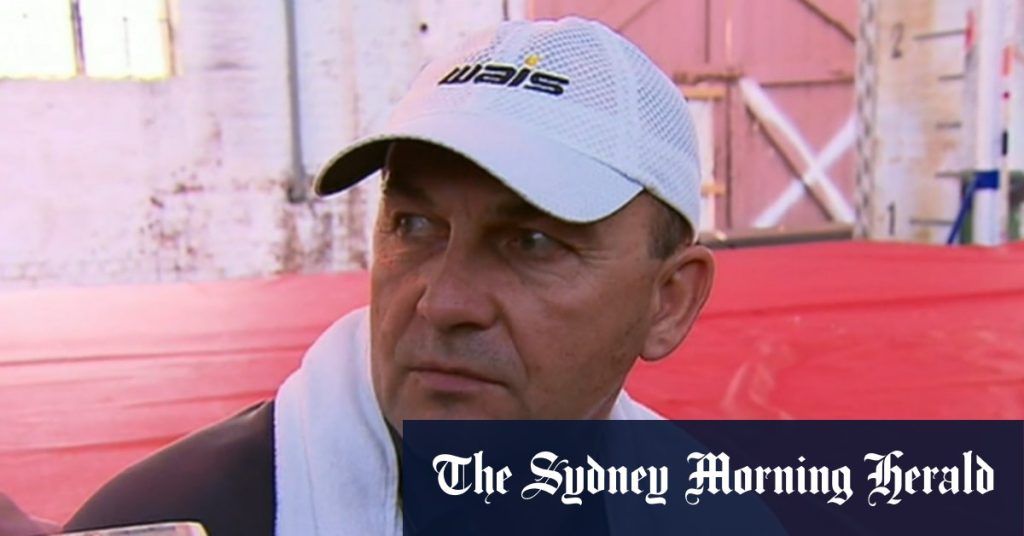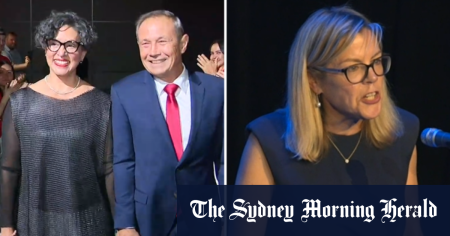Athletics Australia has been rocked by allegations of “serious misconduct” involving renowned Olympic pole-vaulting coach Alex Parnov, prompting a formal apology from the organization to affected athletes. While the precise nature of the allegations remains undisclosed pending further investigation, the situation has cast a long shadow over the sport, raising concerns about athlete welfare and the potential for systemic issues within Athletics Australia. The allegations, which emerged in December 2024, triggered an immediate response from the governing body, indicating the seriousness with which they are being treated. Although details are scarce, the term “serious misconduct” suggests a breach of professional conduct guidelines, potentially involving inappropriate behavior towards athletes.
The impact of these allegations extends beyond Parnov himself, affecting the athletes under his tutelage, both past and present. The potential for long-term psychological and emotional harm caused by such misconduct cannot be understated, highlighting the critical importance of safe and supportive training environments. Athletics Australia’s apology acknowledges the distress and potential harm caused to the athletes involved, underscoring the organization’s responsibility to ensure their well-being. This situation also raises questions about oversight and accountability within the sport, prompting a need for a thorough examination of policies and procedures to prevent similar incidents in the future.
The allegations against Parnov represent a significant breach of trust within the tight-knit athletics community. The coach has been a prominent figure in Australian pole-vaulting for many years, coaching numerous Olympic and world championship athletes. This long-standing presence and influence within the sport makes these allegations particularly impactful, potentially affecting the training and competition environment for many athletes. The situation also underscores the power dynamics inherent in coach-athlete relationships and the vulnerability of athletes, particularly young athletes, to potential abuse of power.
While Athletics Australia has initiated an investigation into the matter, the specific details of the allegations and the process of the investigation remain largely confidential. This confidentiality is essential to protect the privacy and well-being of the individuals involved and to ensure the integrity of the investigation. However, the lack of public information can also fuel speculation and anxiety within the athletic community, underscoring the need for transparent communication from Athletics Australia, where possible, without compromising the investigation process. The outcome of this investigation will be pivotal in determining the appropriate course of action and restoring trust within the sport.
The broader implications of this situation extend beyond the immediate impact on athletes and the Australian athletics program. It highlights the ongoing challenges faced by sporting organizations worldwide in addressing issues of misconduct and ensuring athlete safety. This case serves as a reminder of the need for robust safeguarding policies, thorough background checks for coaches and staff, and independent reporting mechanisms for athletes to voice concerns without fear of reprisal. By learning from this experience, sporting organizations can work towards creating safer and more supportive environments for all participants.
Moving forward, Athletics Australia must prioritize athlete welfare and implement comprehensive measures to prevent future instances of misconduct. This includes strengthening existing policies, providing mandatory training on appropriate conduct for coaches and staff, and establishing clear reporting procedures for athletes to raise concerns without fear of retribution. The organization must also foster a culture of accountability and transparency, ensuring that all allegations are thoroughly investigated and appropriate action is taken. This incident serves as a critical turning point for Athletics Australia, an opportunity to rebuild trust within the sport and demonstrate a genuine commitment to athlete well-being. The healing process will require open communication, empathy, and a dedication to creating a safer and more supportive environment for all involved.










